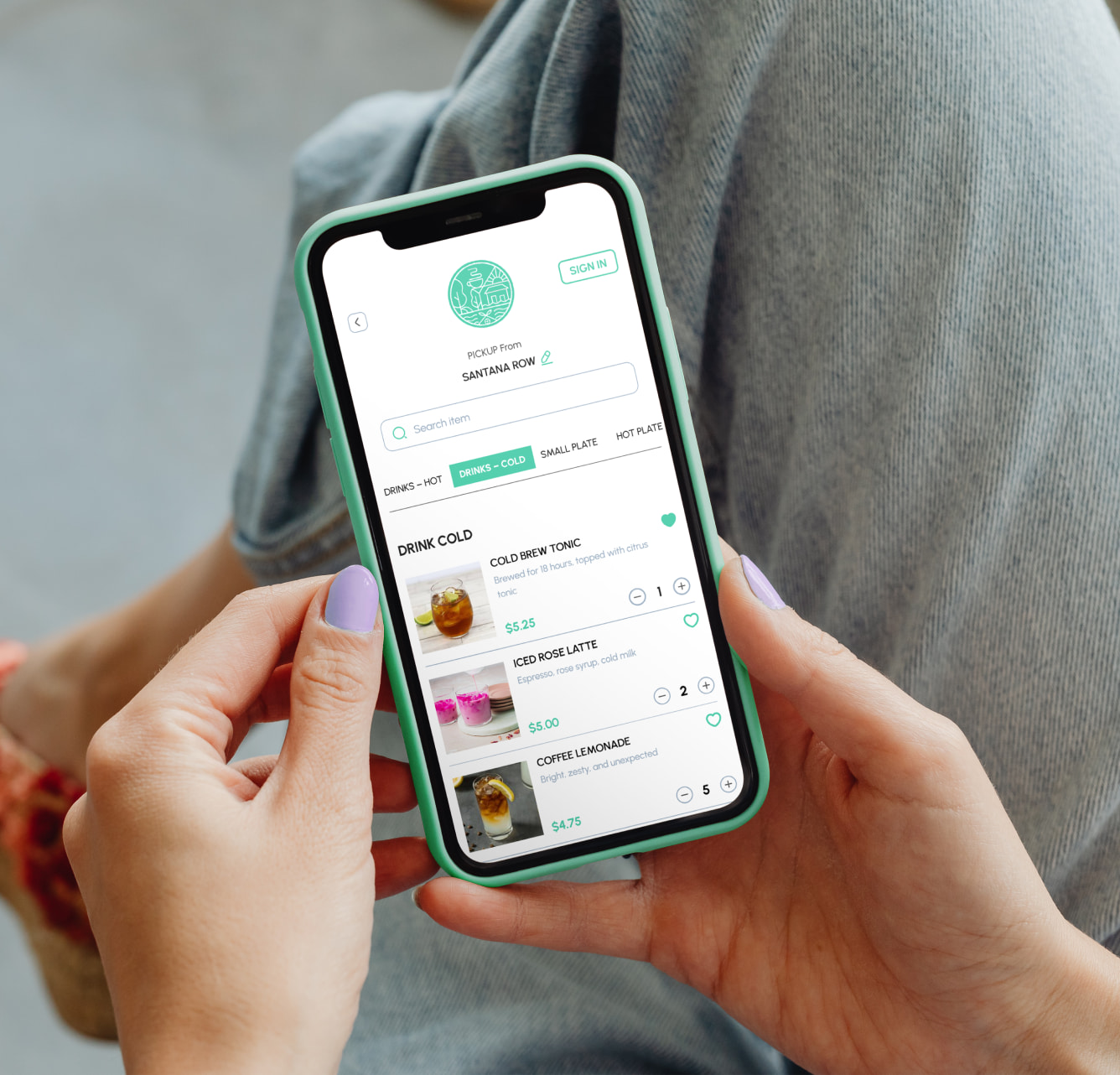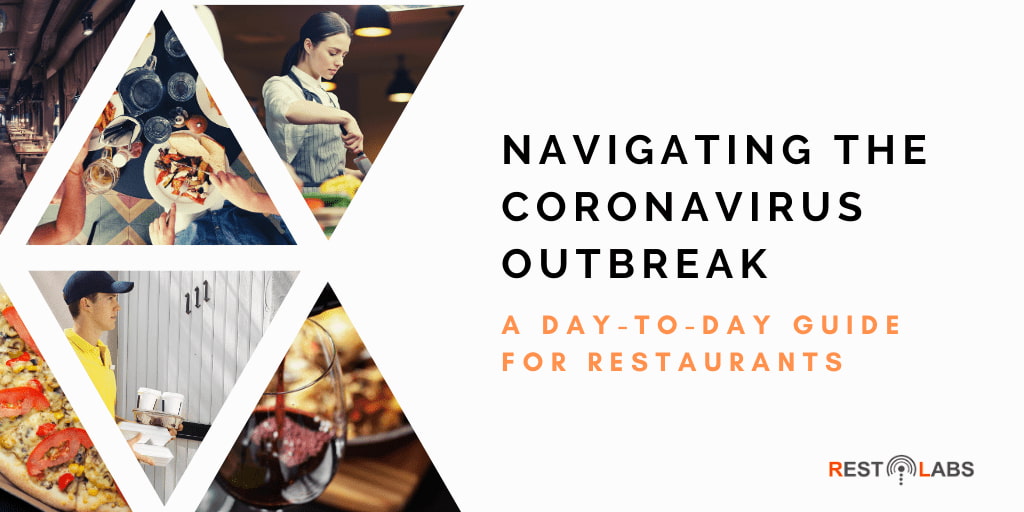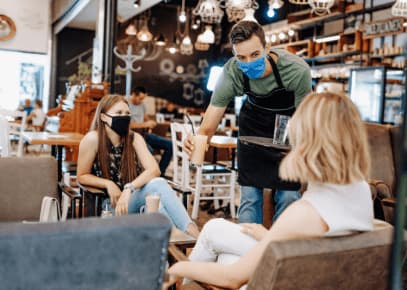Key Takeaways
As the coronavirus pandemic brings life to a standstill, many restaurants have been forced to shut shops. Others are still soldiering on by adapting and adjusting the best they can. Transitioning to the online ordering and takeaway model has helped save many establishments while ensuring thousands of workers stay employed.
If you’re one of the restaurants, who has kept its doors open despite mounting challenges, this guide will help you navigate day-to-day operations during the present circumstances brought on by the COVID-19 outbreak.
Keeping employees safe
Ask all employees showing symptoms related to COVID-19—fever, dry cough, difficulty in breathing—to report the same without fear of being laid off. Such employees should be asked to stay home until the symptoms recede. If an employee calls in sick, it is ok to ask them about the illness, symptoms and potential exposure to coronavirus in order to ensure the safety of other staff.
In case an employee tests positive for COVID-19, employers have the obligation of informing their workers of their possible exposure while ensuring that the affected employee’s names and details are kept confidential. Contact your local health department for recommendations and additional guidance.
Sick leaves
The Families First Coronavirus Response Act (FFCRA) was signed into law on 18 March 2020. FFCRA has been effective starting 1 April 2020 and will remain in effect until 31 December 2020.
Under FFRCA, private employers with less than 500 employees must provide emergency paid sick leave of up to 80 hours to employees for COVID-19 related reasons including expanded paid child care leave when employees’ children's schools are closed or child care providers are unavailable. Employers also receive 100% reimbursement for paid leave pursuant to the Act.
Organizations with fewer than 50 employees may be exempted if the implementation of this requirement would risk the viability of their business.
A compilation by the National Restaurant Association (NRA) of paid sick and/or safe time (PSST) leave laws provisions issued by the federal government and by states specifically relating to COVID-19 can be found here.
Shelter-in-place order
Most restaurants have limited their services to online deliveries and takeouts only but to combat the growing coronavirus pandemic, different states have issued their own shelter-in-place orders restricting business operations. Restaurant workers might face problems with law enforcement while traveling to and from work and while delivering orders due to restricted movement currently in place. The same could be said for procuring supplies and performing other essentials services related to your day-to-day operations.
To avoid such situations prepare yourself by keeping yourself up-to-date with your state’s shelter-in-place order. You can also download the letter drafted by the Restaurant Law Center stating that your employee is an “Essential Critical Infrastructure Worker” under the U.S. Department of Homeland Security guidelines and should be permitted to continue to or from his place of employment.
Sanitary procedures
While restaurants have always followed stringent health and food safety guidelines, the current crisis calls for more rigorous sanitation procedures to be put into place to keep their staff and customers safe.
High-touch surfaces such as tabletops, counters, refrigerators, doorknobs, phones, etc, especially need to be cleaned using an Environmental Protection Agency (EPA)-registered product. A scheduled hand-washing routine for employees must be in place.
Stay updated on latest legislation and guidelines
The COVID-19 situation is evolving daily and new legislations and guidelines are coming in to play regularly.
For instance, the Coronavirus Aid, Relief, and Economic Security (CARES) Act is now in place, which provides benefits to help employers continue to cover payroll costs and other expenses during the COVID-19 crisis through $350 billion in loans with loan forgiveness provisions. Details about the Act can be found here.
Stay informed and up-to-date with all the latest advisories, especially regarding health and safety, from WHO, CDC and your local public health departments.
Communicating with customers
It is important to keep your customers frequently informed about all the safety measures your restaurant has been taking to mitigate risk and reduce the spread of the coronavirus. Also let them know of any changes to your business like menu alterations, increased delivery time die to staff shortage, etc.
On the other hand, it is also crucial to inform customers about how to interact with your workers. While it’s wrong to ask customers if they have the COVID-19 virus or symptoms of the disease, you can create information on preventive measures they can take when receiving orders like opting for contactless deliveries and tipping through cashless transactions.
Follow us here to get latest updates on articles and resources on Covid-19 that can help you fight the unprecedented crisis.
Frequently Asked Questions


.gif)


.jpeg)

.png)



